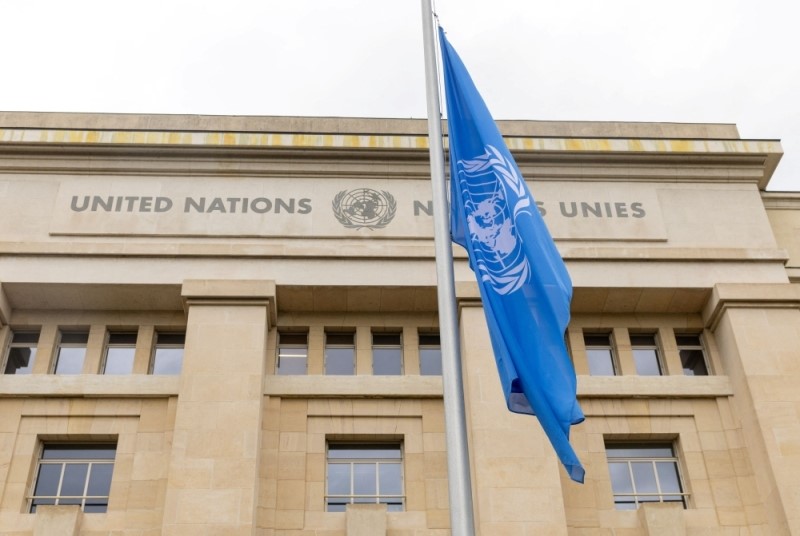Guterres made the call on Monday, in his opening address at the third United Nations Ocean Conference (UNOC) in Nice, France.
The conference with the theme: ‘Accelerating Action for the Ocean’, runs from June 6 to 13 and brings together world leaders, scientists, civil society groups, and private sector stakeholders.
It builds on the outcomes of previous meetings held in New York in 2017 and in Lisbon (2022), aimed at driving progress on sustainable development goal (SDG) 14 —Life Below Water — one of the least funded of the UN’s 17 goals.
Guterres said while some progress has been made since the Lisbon conference, much more remains to be done to secure the health of the ocean and planet.
“We have seen a growing awareness of the deep interconnection between preserving biodiversity and marine ecosystems, combatting climate change, and stopping pollution,” he said.
“We must turn the tide. From plunder to protection. From exclusion to equity. From short-term exploitation to long-term stewardship.”
The UN chief implored nations to ratify the historic agreement on Marine Biodiversity in Areas Beyond National Jurisdiction — also known as the High Seas Treaty — and to deliver a legally binding global treaty on plastic pollution before the end of the year.
He warned that the deep sea “cannot become the Wild West”, urging nations to support the International Seabed Authority in developing clear rules on seabed mining.
Referencing the Kunming-Montreal Global Biodiversity Framework, Guterres reiterated the international pledge to conserve at least 30 percent of marine and coastal areas by 2030.
“SDG 14 remains one of the least funded Sustainable Development Goals,” he said.
“This must change — through increased public finance, greater support from development banks, and bold models to unlock private capital.”
He also cited new commitments by the International Maritime Organisation to achieve net-zero emissions from global shipping by 2050, and urged the World Trade Organisation (WTO) to finalise talks on fisheries subsidies that contribute to overfishing.
The UN boss said the scale of ocean degradation demands more ambitious financing.
He appealed for inclusive policies that empower small-scale fishers, indigenous people, women and youth, while also highlighting the need to embed ocean priorities into global climate and food systems agendas.
Guterres warned that rising sea levels pose existential threats to many coastal nations, emphasising that “statehood and sovereignty cannot be undermined by rising seas”.
The five-day summit is expected to produce new commitments to ocean-based climate solutions, marine biodiversity protection, plastic pollution reduction, and sustainable blue economies, particularly for Small Island Developing States (SIDS).











